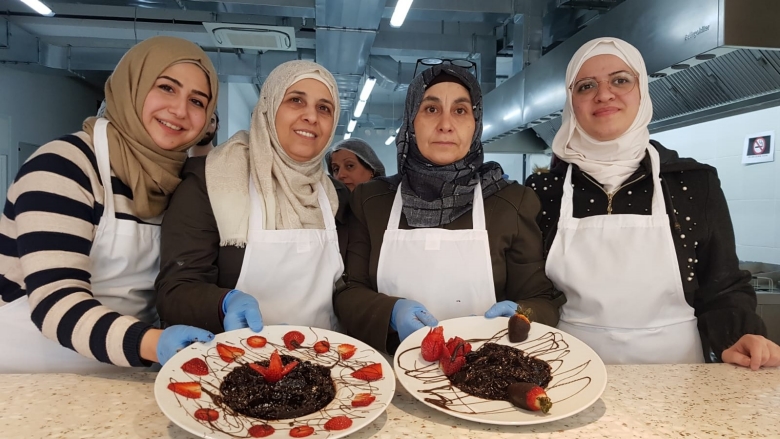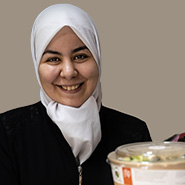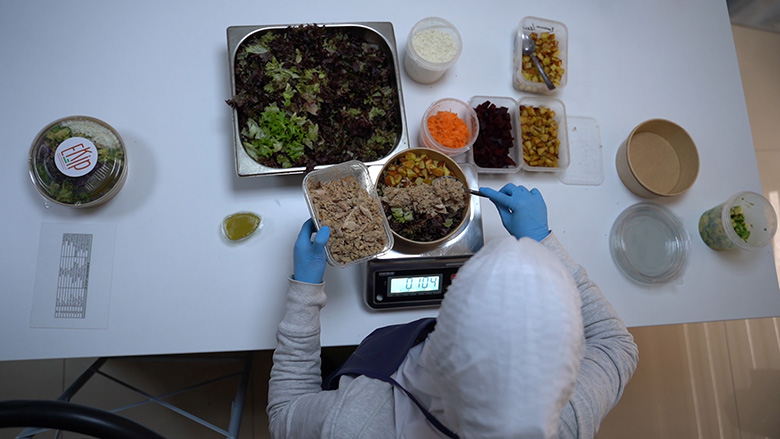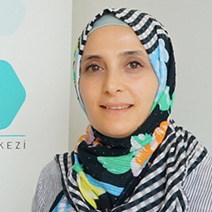The refugee crisis has brought challenges of inclusion and integration for this new population, which have only been exacerbated by the COVID-19 pandemic and require stronger efforts to protect those most at risk, including women. To help with this transition, the Turkish government is continuing to provide access to health care, education, and labor markets.
One area where these challenges have been met with success has been social enterprises, which help Syrian women refugees tap their labor market skills - allowing them to combine an entrepreneurial spirit with a passion for social inclusion and ultimately allowing them to give back to the communities that have become their homes.
The “Strengthening Economic Opportunities for Syrians under Temporary Protection and Turkish Citizens in Selected Localities” exemplifies the potential of social enterprises to create economic opportunities and increase inclusion for refugee women. This pilot, financed by the European Union and implemented by the World Bank, has helped establish four, women-led social cooperatives, has created more than one hundred jobs, and has contributed to social entrepreneurship in Turkey.
“I realized that my strength was growing as the project grew,” says Al Khansaa Al Humsi, a 30-year-old refugee originally from Damascus, Syria. “Today I am more confident than ever, thanks to the set of trainings I have received.”
Al Humsi is a founding member of the newly certified “Etkin Kadin Is Platformu” (EKIP) social cooperative in Istanbul, which focuses on the production of healthy food. The cooperative is designed to deliver sustainably produced salads, cooked meals, and vegetables to members of the surrounding communities. The cooperative has 16 dedicated Syrian refugee women who are already introducing nutritious salads to people working in the business districts of Levent, Maslak, and Gayrettepe - and they hope membership will grow to 50 by the end of the project. As part of the project, Humsi and her colleagues are given the opportunity to take various trainings - including Turkish lessons, entrepreneurship, business basics, and financial and digital literacy.




